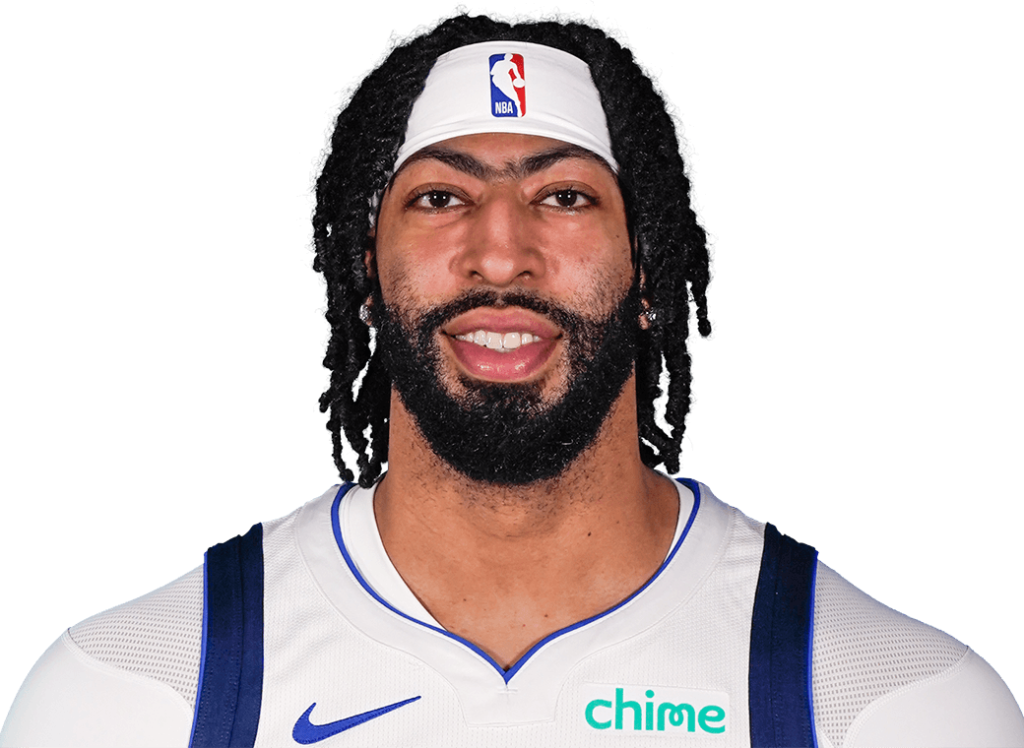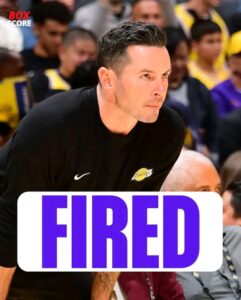
The Dallas Mavericks, a franchise with championship aspirations, have faced numerous challenges in recent seasons, ranging from roster inconsistencies to defensive struggles. However, one aspect that remains steadfast is the leadership of head coach Jason Kidd. While criticisms of his strategic decisions have surfaced, a closer analysis reveals that the Mavericks’ core issues stem from roster construction, injuries, and defensive inefficiencies rather than coaching.
Kidd, a Hall of Fame point guard turned coach, has demonstrated his ability to lead teams deep into the playoffs. His impact was evident in the 2021-22 season when he guided the Mavericks to the Western Conference Finals, an achievement that showcased his tactical adaptability and ability to maximize player potential. His defensive philosophy, emphasizing rotations and perimeter pressure, initially transformed Dallas into a respectable defensive team. However, the departure of key defensive players such as Dorian Finney-Smith and the addition of offensively skilled but defensively vulnerable stars like Kyrie Irving have disrupted the team’s balance.
The Mavericks’ primary struggles lie in their roster’s structural imbalances. The front office has prioritized offensive firepower over defensive solidity, creating a dynamic but inconsistent squad. While Luka Dončić and Irving form one of the most potent backcourts in the NBA, their defensive shortcomings leave the team vulnerable against elite opponents. No coach can entirely mask a roster’s deficiencies, and Kidd’s tactical adjustments, such as experimenting with different lineups and defensive schemes, indicate that he is working within the constraints of his personnel.
Additionally, injuries and player availability have hindered Dallas’ ability to establish continuity. Key players have missed crucial games, disrupting chemistry and forcing Kidd to make frequent adjustments. The team’s struggles in rebounding and rim protection further expose their defensive vulnerabilities, issues that stem more from personnel decisions than coaching strategy.
Despite these challenges, Kidd has managed to keep the Mavericks competitive in a stacked Western Conference. His ability to develop young talent, foster team chemistry, and implement in-game adjustments demonstrates his value as a head coach. The criticism directed at him often overshadows the systemic issues within the organization, particularly the front office’s role in assembling a roster that lacks defensive depth and versatility.
Ultimately, the Mavericks’ shortcomings are not a reflection of coaching incompetence but rather a result of roster construction and strategic decision-making at the executive level. Kidd has shown the ability to lead a well-balanced team to success, as evidenced by the 2022 playoff run. Given the right personnel, his defensive schemes and leadership could once again make Dallas a formidable contender. Instead of placing blame on the head coach, the focus should shift toward improving roster depth, reinforcing defensive capabilities, and creating a sustainable team structure that complements the offensive brilliance of Dončić and Irving. Until then, the Mavericks will continue to struggle with consistency, but Jason Kidd remains a capable leader who can guide the team to success with the right supporting cast.





